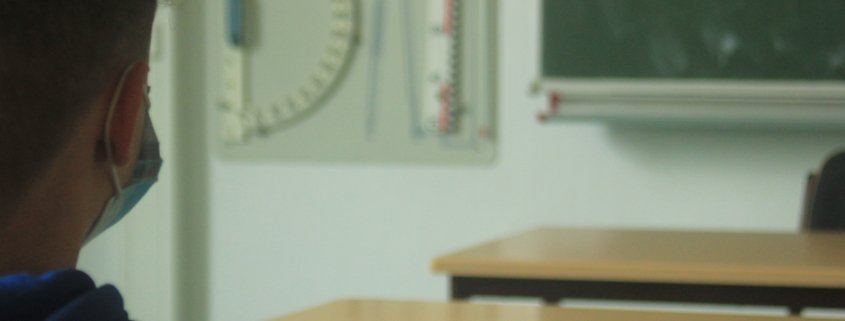The Netherlands COVID-19 Education Response

On 15 March the Dutch government decided to close schools, first until 6 April, but later that period was extended until after the Spring Break, 4 May for some schools, 11 May for the majority. Middle and secondary schools will not be fully open even after that period, many school leaders report they will only open for end-of-year exams. The final exams determining further study paths for students were abolished for this year, and students will be evaluated on the basis of their long-term schoolwork. This has eased the pressure on both schools and families. Primary school curriculum makes it possible for children to catch up even if they miss school for a few months, so for these children parents mostly received advice on reading practice and supporting well-being. It also helped that these children were not explicitly advised to stay at home and playgrounds have been open. For older children, teachers have designed and provided online teaching and learnings. In this field there were equity issues for children from disadvantaged backgrounds in access. Larger municipalities, such as Amsterdam and Rotterdam, have provided thousands of laptops and tablets to disadvantaged families. All schools were obliged to stay open for children of parents who couldn’t organise child care and those in vital professions, and explicitly asked for it. Some school heads incentivised the most disadvantaged families to use this opportunity and send their children to school.
Some universities made the decision to switch to mainly or fully online teaching even before 15 March, but after that date all universities remained close. For them there was a preparation period as this coincided with midterm holidays in many cases. While schools are opening in May, universities have announced to remain closed for the rest of the academic year, and some are planning a partially online next semester, too. This is partly because of the large number of foreign students many of whom went home for midterm and are now stuck in other countries and because large numbers of movements in public transport have to be prevented as much as possible. The fact that restaurants can currently only be open for take away and delivery also hit disadvantaged university students hard. Student grants (of international students) are tied to a minimum of 56 hours a month employment, and with many students working in the hospitality and catering sectors as there employment is flexible, many are not only losing their salary, but as a result their governmental financial support, too. Losing finances is also a big problem for the Dutch students. Some students have also problems in following the online classes because of lack of Wi-Fi and laptops. Testing is a challenge for most universities as not all tests can be conducted online (practice-oriented tests). In collaboration with the exam boards alternative and innovative solutions are being searched for. For the coming year, a lot has to be invested in additional coaching and mentoring of the first years. If the first semester will be online, engagement and connection will be a big challenge. Another problem are the apprenticeships. For vocational education and universities of applied sciences this is a big issue as most apprenticeships have been temporarily cancelled or postponed. For students who cannot graduate in time because of the crisis and/or have a delay because of the cancelling of apprenticeships, the government announced compensation.


Leave a Reply
Want to join the discussion?Feel free to contribute!